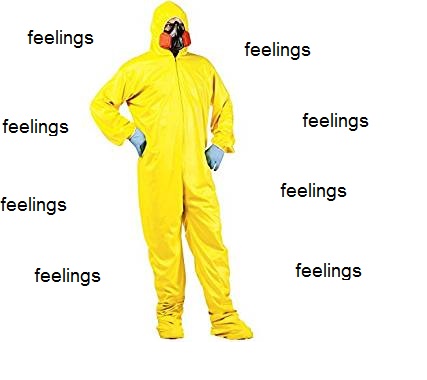For a few months, I mapped out an essay for a writing competition I was eyeing. The essay involved something I have wanted to write about for a long time now. I made extensive notes and researched. I would revisit the word document I had already started my draft on, adding incrementally every day. I made notes on my phone. I put reminders on my calendar. I had post-its on my corkboard. There was a brief hospital stint during one month and I took my notebook to the cafeteria in the evening, jotting down notes while downing Nescafe and fish buns. I visited the website every few weeks to make sure that I had the deadline right.
A week before the deadline, after months of psyching myself up, I was unable to write. I kept making weak excuses. When I sat down, I produced very little. On the day of the deadline, I made an eleventh-hour effort to put something together but it was a long day with a few surprises thrown in and at 7pm exhausted, I crawled into bed telling myself, this is going to be a half an hour nap. I woke up with a jolt at 2am, reached out for my phone and realized I had missed the deadline for the competition.
I was – I still am – so angry with myself. I had no excuse here. You can’t keep saying that life is hectic because after a point that excuse doesn’t hold water anymore. After a point, even you get tired of hearing you say it to yourself. If something is important to you, you make time for it. If something is essential enough, you work hard towards it.
What happened was also now a recurring pattern of self-sabotage that was seeping through other areas of life – working my way towards something I really wanted and then stuttering and stumbling when I inch towards the final bit.
////
I keep a CV of failures. To be honest it’s not very long.
I keep a Catalogue of regrets. Now that – that is another story. It was a list I began impulsively a few years ago. For some odd self-flagellation related reason, I carry it around with me as though one day someone will ask me what my life’s regrets are and I will say oh wait, wait — I have a list. idk, man. This is a list of personal, professional, random regrets. Missed connections, missed opportunities. Things I almost did and didn’t and now wish I did. Things I should have been bolder with.
When you trip and fall, you have to contend with the sharp sting of failure. But when you don’t try, you don’t fail. This is a beautifully warped logic to sheathe yourself in and it keeps you safe but also stunts you.
The blunt fizz of what ifs and should haves is a wonderfully comfortable purgatory – the shots you didn’t take, the competitions you didn’t enter, the crushes you didn’t approach, the personal and professional opportunities you didn’t reciprocate, the trips you didn’t take. It is the paralysis which occurs at the prospect of not doing something well, of getting hurt, of being vulnerable, of failing. It is the self-sabotage that keeps you wedged in your comfort zone. And it’s far worse than failing.
////
Why am I here. Why am I back at a dusty part of the internet that no one visits?
It’s been a weird year and I have been writing and writing and writing to make sense of it. (FYI: daily writing and journaling has been so helpful with this. 10/10 will recommend.) The writing that has emerged is def not for public consumption but it’s made me realize that I need to reclaim my relationship with writing. It’s also been useful to unpack certain things that have unfolded in the past years.
This year, more than ever, I’ve been struggling to find the motivation to write and figure out why I do what I do. Don’t get me wrong, it’s been a rewarding year and my heart is full with gratitude, but I’ve felt unmoored.
Blogging was one of the things that got me started with writing and coming back to this digital relic felt like a weird homecoming of sorts.
A lot of things don’t fit. The self-confessional style I embraced earlier now grates at the part of me that guards her privacy. The spontaneity that marked my writing is definitely not there – this took 3 months. 3 months! I’m def not anonymous anymore. And then there is a pervasive anxiety that I should be doing writing that can be billed, work writing, professional writing – work that can be slotted into my resume (perennial freelance occupational thinking hazard. What to do.)
////
This is very garbled and all over the place and perhaps this should have been tossed into the daily writing folder and not out here in public. Perhaps this will be deleted tomorrow. Perhaps there is a part of me that naively hopes that something will magically unclog after I publish this and I will finish all the half-finished drafts lying around and apply to those competitions I’ve earmarked for years. Anyway, I’ve been thinking about regrets and self-sabotage and work writing and non-work writing and reflecting on chunks of 2019 and this is the outcome of it and thank you for reading.

 ////
////